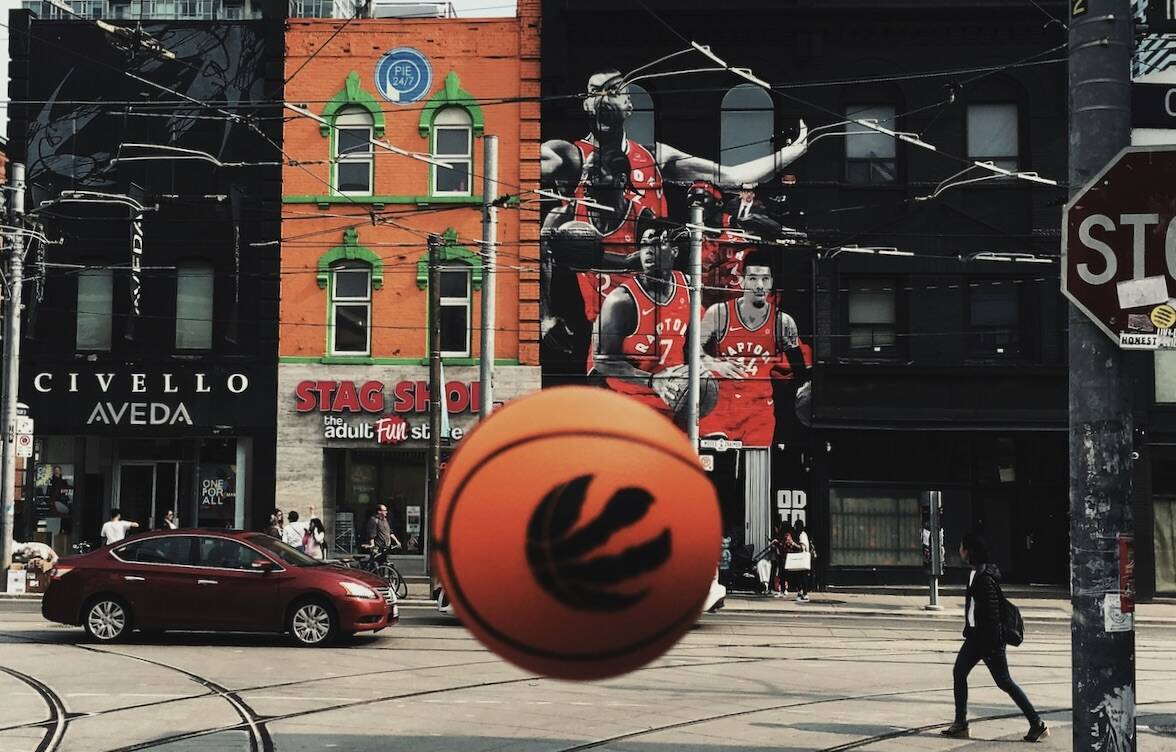As America’s online problem gambling resource we devote a lot of attention to the behavioral health crisis that is occurring within the regulated (for sports betting) U.S. states. However, we also provide counseling services to residents of Ontario, Canada.
As if in some coordinated effort, our northern neighbor followed the United States’ model of legalization of sports betting. Canada removed the federal ban in 2021, with the province of Ontario being the first to legalize and regulate it in 2022, along with online gaming (casino included) in the same year. Since then, they have followed a path that is parallel to most U.S. states, not just in tax revenues, but with calls to crisis centers from residents stating they need help for gambling addiction.
While Ontario’s struggles are ubiquitous with the proliferation of any type of gambling (online sports betting or otherwise) there are interesting developments within the province that regulators, operators, institutions, and the population can learn from.
What’s going on with Ontario gambling addiction thus far in 2024? Let’s review.
An Examination of Ontario Canada’s Battle Against Gambling Addiction and What Can be Learned from It (so far)
UGLY Truth About Youth Gambling

Things got really ugly for the integrity of professional sports when the Toronto Raptors’ Jontay Porter was handed down a permanent ban from the NBA in April (2024) after investigations revealed that he wagered on his own games. But that’s not the ugly we’re as concerned about. In fact, professional athlete gambling policy violations have become relatively commonplace.
Instead, the ugliest side to the Ontario gambling addiction problem is how it’s affecting the province’s youth.
In a recent report from the Centre for Addiction and Mental Health (CAMH), it was unveiled that 33% of high-school students are gambling, and that 4% of the entire secondary school population indicate having a mild to severe problem with gambling. This is more than double that of Statistics Canada’s data on the general population, which rings in at 1.6% for the same category, but among active gamblers. CAMH stated that they have known for quite some time that youth as young as 10 years old have higher rates of problem gambling compared to adults, and that kids are especially susceptible to the effects of sports betting advertisements and the influencers who push the activity on their young audience. Could there be a more explicit example of the latter than Toronto’s own rabid-gambling Drake? It’s doubtful.
Most startling of all, is a breaking news story from this month (May 2024). Ontario Provincial Police have launched an investigation into an illegal online gambling operation that specifically targets minors in the city of Orillia. High-school students who have participated in the online platform report being threatened over the debt they accrued by losing money on the platform. It seems that gambling culture has become so deeply ingrained in the province that unregulated operators are using brazen tactics that would have once been unthinkable.
BAD Habit Hiding in Plain Sight
As with United States, sports betting is getting most of the press when it comes to discussion about gambling addiction in Ontario. Meanwhile, concerns about casino gaming have been flying somewhat under the radar. This shifts the problem gambling spotlight away from a segment of the population that is in dire need of help.
Data released by iGaming Toronto showed that Ontario residents wagered $11.6 billion in casino-related games, compared to about $2 billion wagered on sports last year. The volume of the former far exceeds the latter. While research suggests that sports bettors have twice as high of a problem gambling rate than gamblers in general, the fact that Ontario spends nearly 6-times more on casino games than on sports betting indicates that the narrative needs to find a balance between the two. Otherwise, dedication of resources towards the one that is the “hot topic” can drain resources from the other.
Canadian provinces (and U.S. states) must not lose site of this information and ensure that they allocate resources accordingly.
GOOD Place to Start Making a Change
Just as it has occurred in U.S. states, the opening of the online gambling market in Ontario led to a tsunami of gambling advertisements that feature celebrities and famous athletes. Their status had been leveraged to promote online sports betting and casino gaming, and those ads had been able to run with impunity at the expense of Ontario’s youth and other vulnerable populations.
Taking a cue from the data released by CAMH, the Alcohol Gaming Commission of Ontario announced in August of 2023 that it was banning the use of athletes, celebrities, and social media influencers in the advertising and marketing of online gambling in Ontario. That ban took effect this past February (2024). This is a huge step in the right direction that state and federal level regulators in the U.S. should take a page from.
Ontario Gambling Addiction Treatment Available Online
To round out the good that’s happening in the battle against Ontario gambling addiction, is the news that Kindbridge Behavioral Health services are available to residents of the province. We have a team of counselors and therapists who have expertise in gambling disorder treatment. The effective service is available to residents in a safe, confidential, and welcoming online environment. Reach out via the contacts below if you or a loved one is struggling with problem gambling.
Ontario Gambling Addiction Helpline
CALL +1 (877) 426-4258
OR


